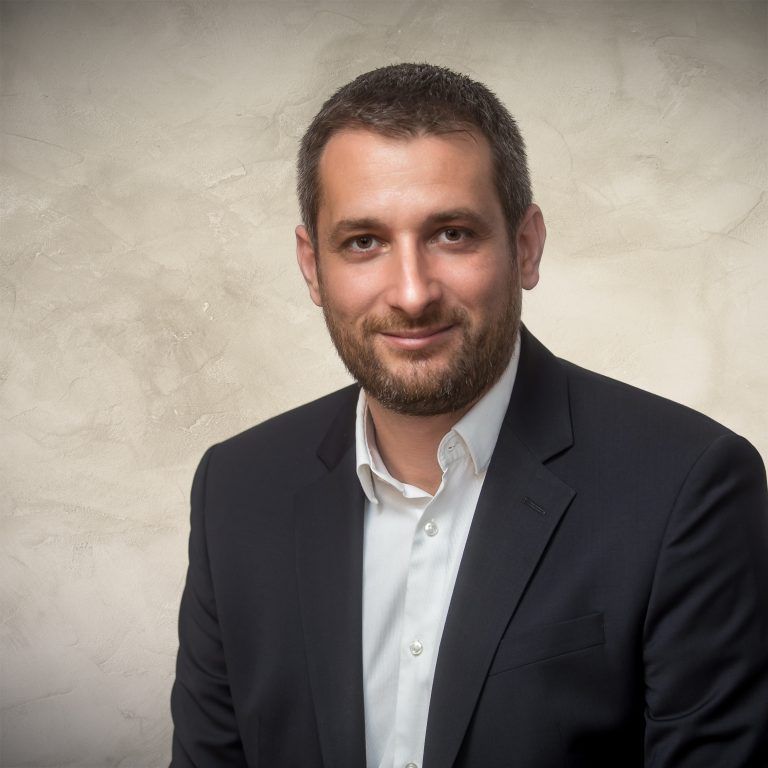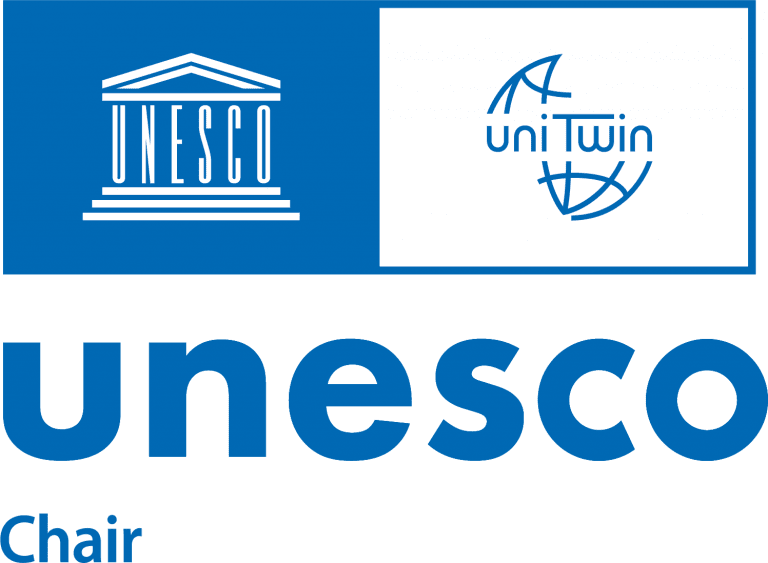Speakers
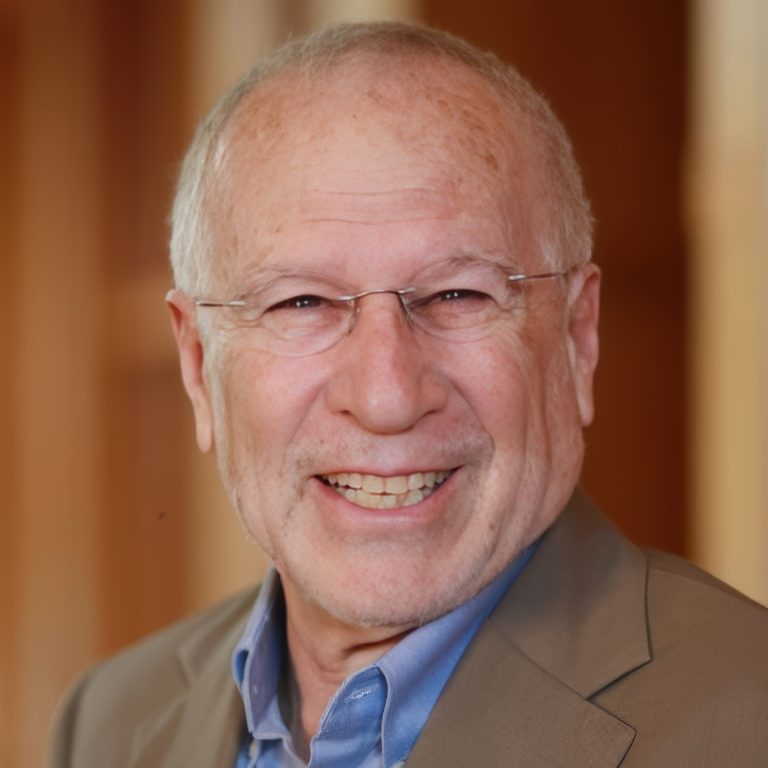
Frederick Schauer
Frederick Schauer is is an American legal scholar, a David and Mary Harrison Distinguished Professor of Law at the University of Virginia. From 1990 to 2008 he was Frank Stanton Professor of the First Amendment at Harvard University, and was previously professor of law at the University of Michigan.
He is a fellow of the American Academy of Arts and Sciences, a corresponding fellow of the British Academy and a recipient of a Guggenheim Fellowship.
He is well known for his work on American constitutional law, especially free speech, and on legal reasoning, especially the nature and value of legal formalism.
Schauer is the author of The Law of Obscenity (BNA, 1976), Free Speech: A Philosophical Enquiry (Cambridge, 1982), Playing By the Rules: A Philosophical Examination of Rule-Based Decision-Making in Law and in Life (Clarendon/Oxford, 1991), Profiles, Probabilities, and Stereotypes (Harvard, 2003), Thinking Like a Lawyer: A New Introduction to Legal Reasoning (Harvard, 2009), and The Force of Law (Harvard, 2015).
He is the editor of Karl Llewellyn, The Theory of Rules (Chicago, 2011), and a founding editor of the journal Legal Theory, he has been chair of the Section on Constitutional Law of the Association of American Law Schools and of the Committee on Philosophy and Law of the American Philosophical Association.
His books have been translated into Italian, Spanish, Portuguese, French, Chinese and Turkish, and his scholarship has been the subject of three books (Rules and Reasoning: Essays in Honour of Fred Schauer, Linda Meyer ed., Hart Publishing, 1999; A Demokracia es a Szolasszabadsag Hatari, Andras Koltay ed., Wolters Kluwer 2014; The Force of Law Reaffirmed; Christoph Bezemek & Nicoletta Ladavac eds., Springer, 2016).
Mireille Hildebrandt
Mireille Hildebrandt is a Research Professor on ‘Interfacing Law and Technology’ at Vrije Universiteit Brussels (VUB), appointed by the VUB Research Council. She has been co-Director of the Research Group on Law Science Technology and Society studies (LSTS) at the Faculty of Law and Criminology from 2019-2024.
She also holds the part-time Chair of Smart Environments, Data Protection and the Rule of Law at the Science Faculty, at the Institute for Computing and Information Sciences (iCIS) at Radboud University Nijmegen.
Her research interests concern the implications of automated decisions, machine learning and mindless artificial agency for law and the rule of law in constitutional democracies.
She has published 5 scientific monographs, 23 edited volumes or special issues, and over 120 chapters and articles in scientific journals and volumes.
In 2022, she was elected a corresponding fellow of the British Academy.
Since 2017 she has been exploring the implications of ‘legal technologies’ for law and the rule of law, notably the use of NLP for the prediction of judgement or argumentation mining and the use of blockchain to enforce legal obligations.
She is also the principal investigator of the ‘Counting as a Human Being in the Era of Computational Law’ project that runs from 2019–2024 and is funded by the European Research Council. The research targets two types of legal technologies: those deploying machine learning and those deploying rule-based systems.
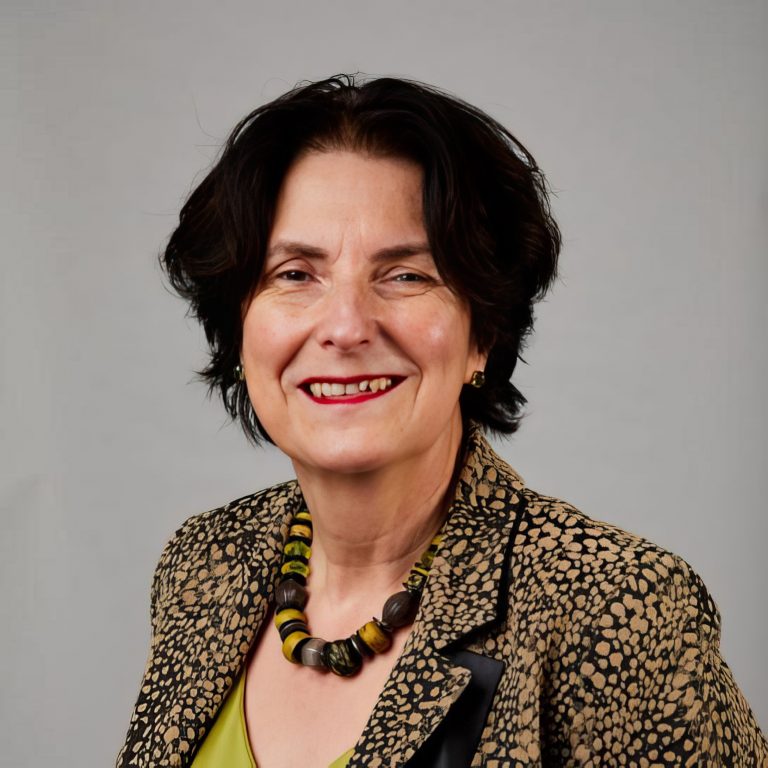
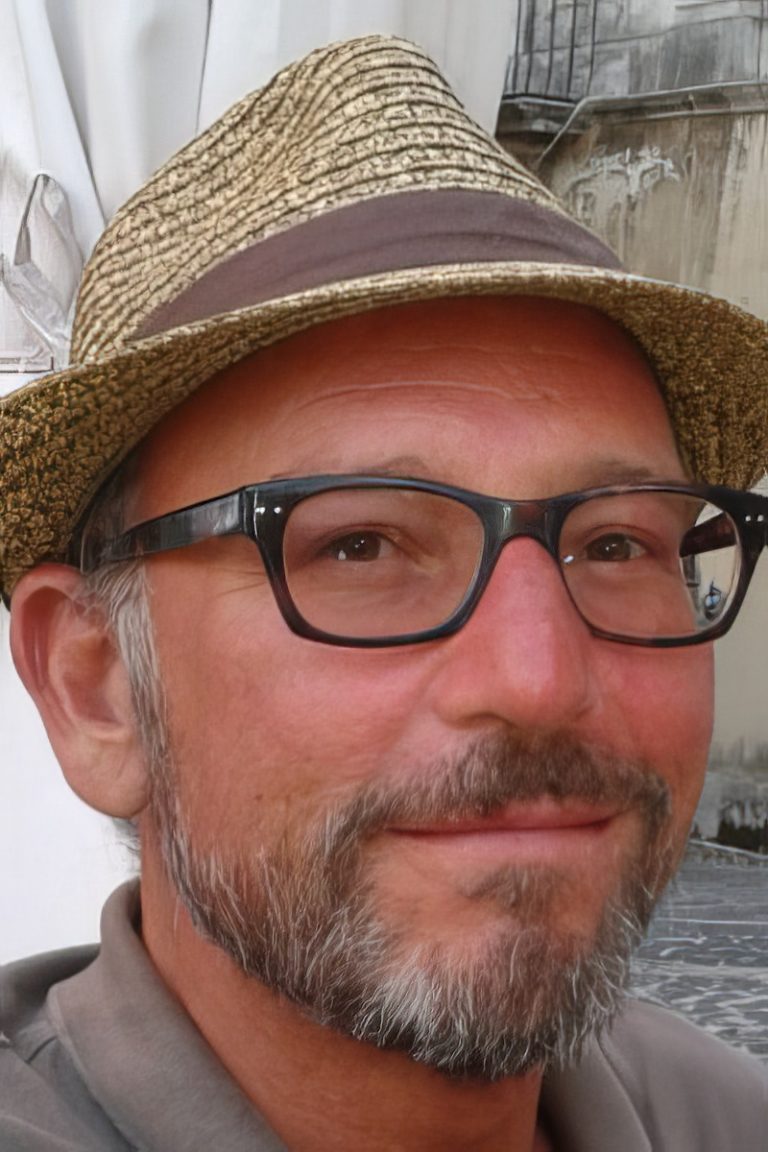
Ugo Pagallo
Ugo Pagallo is a former lawyer and current professor of Jurisprudence at the Department of Law, University of Turin (Italy), member of the Expert Group set up by the EU Commission on liability and new technology/new technologies formation, he is also working with the European Institute for Science, Media, and Democracy (Atomium), in order to set up AI4People, the first global forum in Europe on the Social Impacts of Artificial Intelligence.
He is also collaborating with the IEEE Global Initiative for Ethical Considerations in AI and Autonomous Systems; the European Science Foundation of Strasbourg, France; and the Joint International Doctoral (PhD) degree in Law, Science and Technology, part of the EU’s Erasmus Mundus Joint Doctorates (EMJDs).
Author of eleven monographs and numerous essays in scholarly journals and book chapters, his main interests are Artificial Intelligence & law, network and legal theory, and information technology law (specially data protection law and copyright). The Japanese edition of his book on The Laws of Robots is available since Spring 2018.
Christopher S. Yoo
Christopher S. Yoo is the John H. Chestnut Professor of Law, Communication, and Computer and Information Science at the University of Pennsylvania Law School, and the founding director of the Center for Technology, Innovation, and Competition. He also holds secondary appointments at Annenberg School of Communication and The Department of Computer and Information Science.
From 1999 to 2007, Yoo was a professor at Vanderbilt University Law School. From 2005 to 2007, he directed Vanderbilt’s Technology and Entertainment Law Program.
Christopher Yoo has emerged as one of the world’s leading authorities on law and technology. One of the most cited scholars in administrative and regulatory law as well as intellectual property, he has authored five books and over 100 scholarly works.
His major research projects include investigating innovative ways to connect more people to the Internet; comparing antitrust law in China, Europe, and the U.S.; analyzing the technical determinants of optimal interoperability; promoting privacy and security for autonomous vehicles, medical devices, and the Internet’s routing architecture; and studying the regulation of Internet platforms.
He is frequently called to testify before the U.S. Congress, Federal Communications Commission, Federal Trade Commission, Antitrust Division of the U.S. Department of Justice, foreign governments, and international organizations.
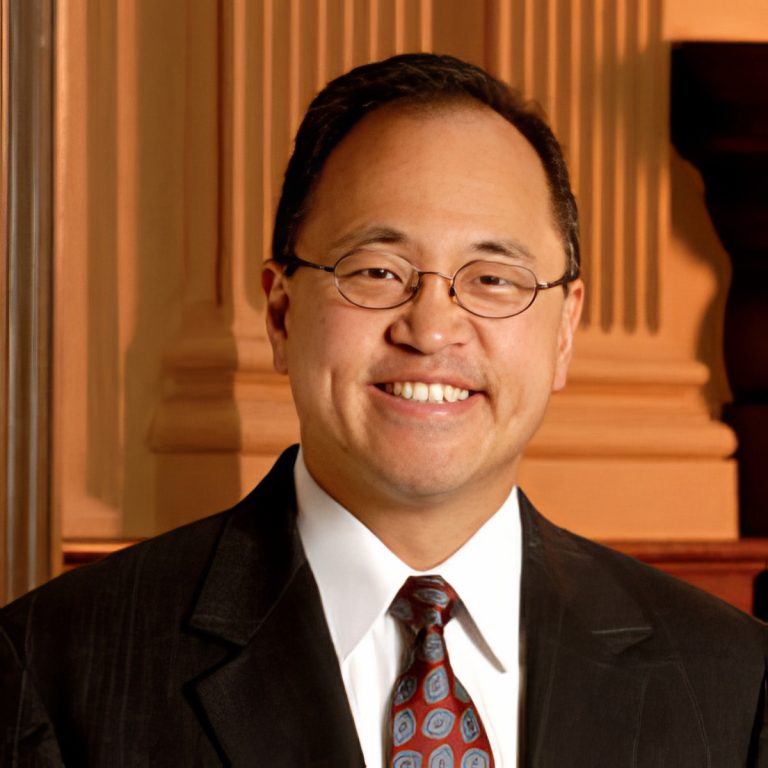
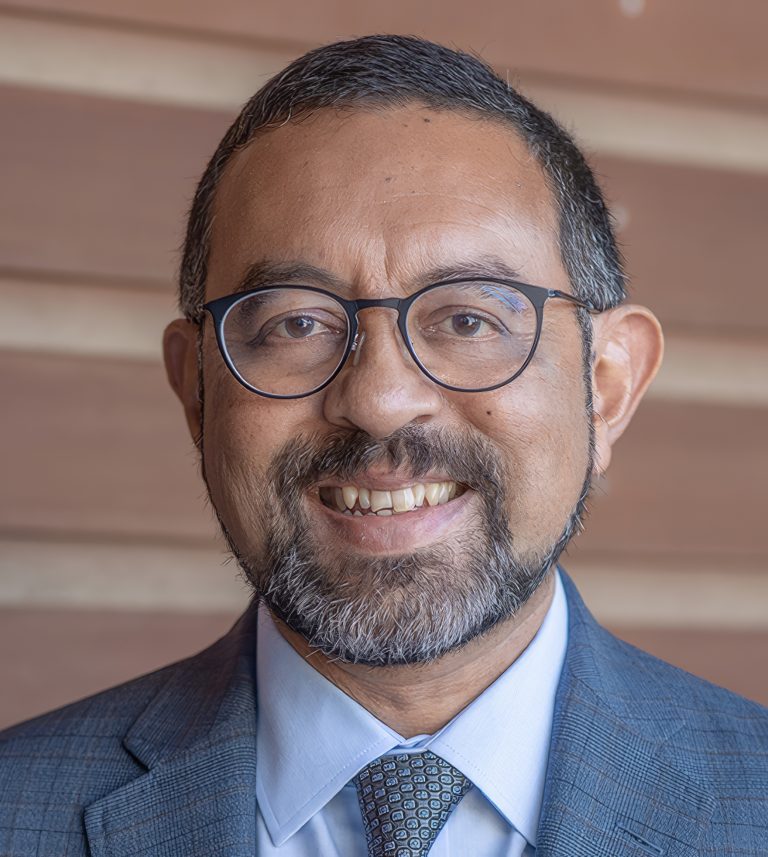
Ashutosh A. Bhagwat
Ashutosh A. Bhagwat is a Distinguished Professor of Law and the Boochever and Bird Endowed Chair at the University of California, Davis School of Law, and a leading First Amendment scholar in the country.
Ash Bhagwat joined the UC Davis School of Law faculty in 2011. Prior to joining UC Davis, he taught at UC Hastings College of the Law for seventeen years. Bhagwat is the author of The Myth of Rights, published by the Oxford University Press in 2010, and Our Democratic First Amendment, published by Cambridge in 2020, as well as the author of numerous books, articles, and book chapters on a wide variety of subjects, ranging from the structure of constitutional rights, to free speech law, to the California Electricity Crisis. Journals his articles have appeared in include the Yale Law Journal, the Supreme Court Review, the California Law Review, the Administrative Law Review, and the University of Illinois Law Review.
Bhagwat is a summa cum laude graduate of Yale University, where he received a B.A. with Honors in History., and he is also a graduate of The University of Chicago Law School.
In May of 2011, Governor Jerry Brown appointed Bhagwat to serve on the Board of Governors of the California Independent System Operator, a public benefit corporation responsible for running the high-voltage electricity grid in California. In 2003, he was awarded the Rutter Award for Teaching Excellence at UC Hastings. Bhagwat is a member of the American Law Institute.
Adam Candeub
Adam Candeub is a Professor of Law & Director of the Intellectual Property, Information & Communications Law Program, Michigan State University College of Law.
Professor Candeub joined the MSU Law faculty in fall 2004. He is also a Fellow with MSU’s Institute of Public Utilities. Prior to joining MSU, he served as an advisor at the Federal Communications Commission (FCC).
Professor Candeub’s scholarly interests focus on the law and regulation of communications, internet, technology. His numerous articles and scholarly papers have placed him at the center of legal and policy controversies, and he often writes for popular outlets such as the Wall Street Journal and US News. Federal courts, including the U.S. Supreme Court, have cited and relied upon his work.
He joined the Trump administration in 2019 as Deputy Assistant Secretary of Commerce for Telecommunications and Information and assumed the role of Acting Assistant Secretary. He later joined the Department of Justice as Deputy Associate Attorney General.
Professor Candeub is a senior fellow at the D.C.-based Center of Renewing America.


Zsolt Ződi
Zsolt Ződi is a senior reserach fellow at the Institute of the Information Society, Ludovika University of Public Service. He graduated as a lawyer, and worked as a publishing professional in different positions in legal publishing and IT companies until 2011. In 2012 he earned a PhD in legal informatics. Since then, he was associate professor in University of Miskolc, Eötvös Loránd University Budapest, and Corvinus University Budapest teaching legal theory and infocommunication law. At this period he led computational legal lingusitics, and other legal text-mining projects, and wrote several articles on the role of precedents in the Hungarian courts. Since his appointment to the Institute, his main research field is the regulation of information society, including internet platforms and AI, and use of LegalTech. His book entitled “PLatform law” was published last year. Zsolt is the author of three books, and more than 100 articles.
Giovanni de Gregorio
Giovanni De Gregorio is the PLMJ Chair in Law and Technology at Católica Global School of Law and Católica Lisbon School of Law. He is also a member of the Católica Research Centre for the Future of Law. Giovanni was a postdoctoral researcher working with the Programme in Comparative Media Law and Policy at the Centre for Socio-Legal Studies.
Within the framework of the ERC ConflictNet project, his research focuses on content moderation and artificial intelligence; hate speech and disinformation in conflicts; digital policy in the global south. His research interest deals with constitutional law, human rights, Internet law, privacy and data protection law.
He completed his PhD in Constitutional Law at the University of Milano-Bicocca. His doctoral study has investigated the rise of European digital constitutionalism as a reaction and strategy against the predominance of digital private normativities.
Giovanni is the author of the monograph Digital Constitutionalism in Europe. Reframing Rights and Powers in the Algorithmic Society (Cambridge University Press 2022). His research has been published in edited books and international journals, in particular, the International Journal of Constitutional Law, Computer Law and Security Review, European Journal of Legal Studies, International Journal of Communication.
During these years, Giovanni has been Academic Fellow at Bocconi University, non-resident legal research for Columbia Global Freedom of Expression and visiting fellow at the Center for Cyber Law and Policy at the University of Haifa.
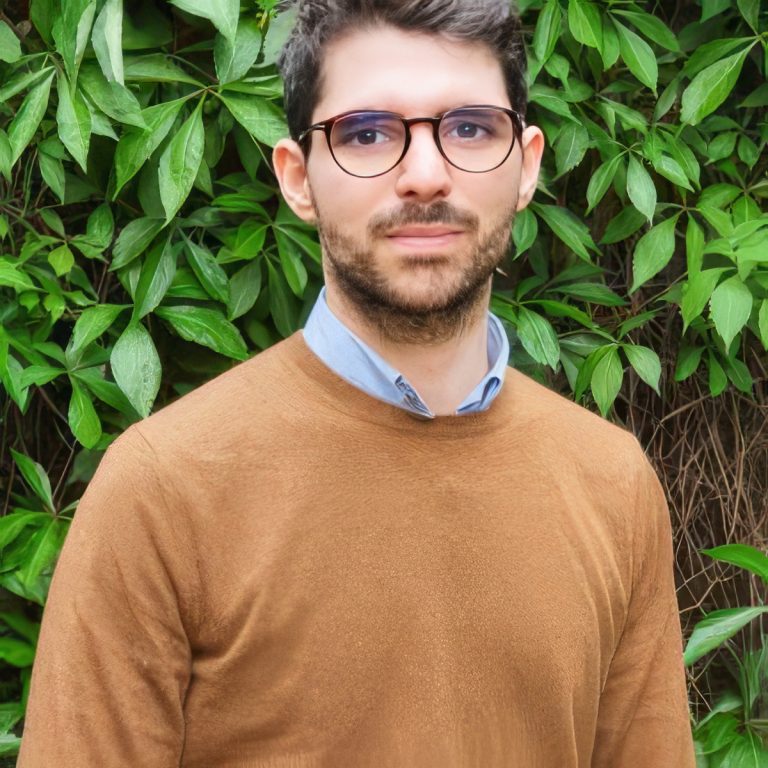
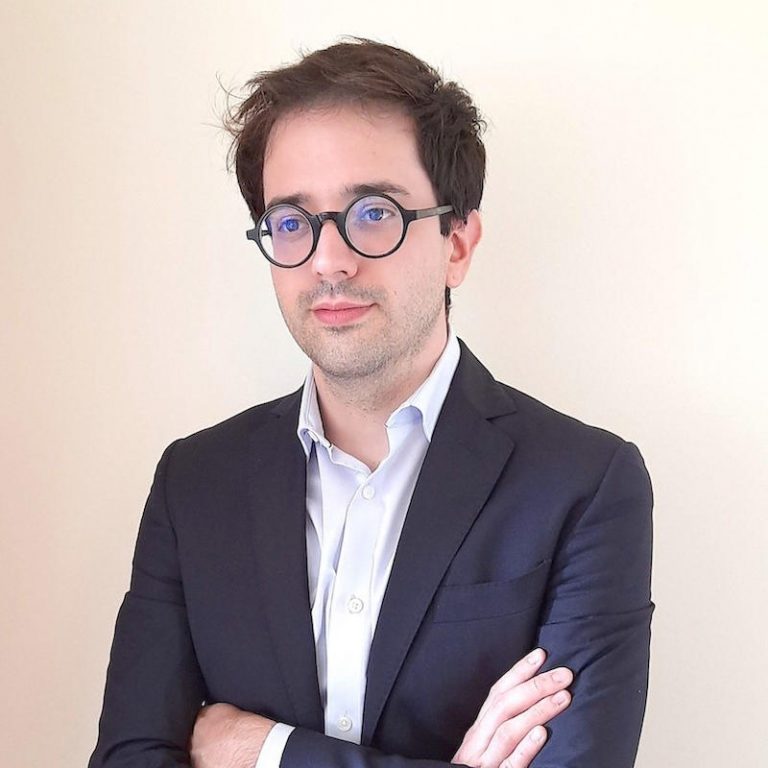
Matteo Monti
Matteo Monti received his PhD in Comparative Constitutional Law from the Sant’Anna School of Advanced Studies (Italy). His PhD project dealt with the relationship between asymmetric federalism and secession in multinational federalizing processes. Prior to joining the European University Institute (EUI), he was a postdoctoral researcher at the University of Pisa and at Luiss Guido Carli. During these experiences, he worked on the regulation of digital platforms, digital populism, and free speech online.
His research interests cover both comparative and Italian constitutional law and EU law, especially multi-level protection of fundamental rights, new media and the Internet, and comparative federalism.
As a Max Weber Fellow, Matteo Monti will work on how the EU protects, and could protect, online public discourse from digital populism, looking especially at the issues of disinformation and electoral manipulation.
In his academic career, he has also been involved in many teaching activities both in English and Italian. He taught courses and lessons in Comparative Constitutional law and Law and Technologies at both undergraduate and postgraduate levels at the Scuola Superiore Sant’Anna, Luiss Guido Carli, Bocconi University, and the University of Pisa.
Max van Drunen
Max van Drunen is a postdoc at the Institute for Information Law, University of Amsterdam. He researches the regulation of political microtargeting as of an interdisciplinary research project that combines communciation science, philosophy, computer science, and law. In addition, he continues to explore how platforms’ and the media’s editorial responsiblity is shaped by the automation of editorial decision-making. His dissertation focused on the responsibilities that platforms and traditional media organisations take on when they implement news personalisation. Concretely, this involves questions concerning the need to reinterpret old norms like diversity to fit the digital age, as well as the need to integrate new norms triggered by the use of algorithms, such as readers’ privacy, into the concept of editorial responsibility.
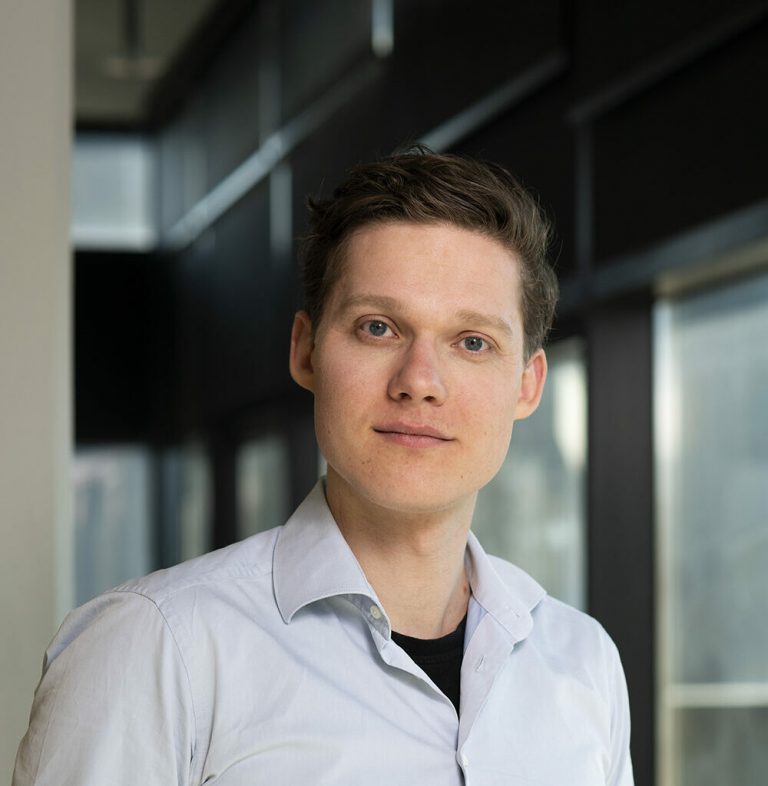

András Koltay
András Koltay is a lawyer, professor at the University of Public Service and the Pázmány Péter Catholic University. He obtained his LL.M. (Master of Law) degree from University College London in 2007, prior to that he also studied at the International Institute of Human Rights in Strasbourg. He received his PhD from the Faculty of Law at the Pázmány University in 2008. From 2010 to 2019 he worked as a member of the Media Council, from 2018 to 2021 he held the position of rector of the National University of Public Service. His main research interests are in the areas of freedom of expression, media law and personal rights.
He published his monograph entitled A szólásszabadság alapvonalai [The Foundations of Freedom of Speech] (Századvég) in 2009, his books Freedom of Speech, Religions and the State (Századvég) and New Media and Freedom of Expression (Wolters Kluwer) were published in 2016 and 2019 respectively. In addition, he has more than 400 scientific publications in Hungarian and in English. He is editor-in-chief of Iustum Aequum Salutare a law journal, as well as In Medias Res an academic journal on freedom of press and media regulation. Between 2010 and 2019, he was a member of the Media Council of the NMHH. Since 2016 he is a member of the Public Body of the Hungarian Academy of Sciences, and since 2017 a member of the Legal and Ethics Committee of the Hungarian Paralympic Committee.
Bernát Török
Bernát Török graduated in law from the Pázmány Péter Catholic University (Budapest) in 2003. First he worked as a lawyer at the National Radio and Television Committee, then he was chief counselor at the Constitutional Court of Hungary between 2010 and 2018. In 2016-17, he worked as a visiting scholar at Yale Law School (New Haven, CT, USA). He earned his PhD in constitutional law. He is an associate professor of constitutional law and head of the Institute of the Information Society at the University of Public Service – Ludovika (Budapest). His research interests include freedom of speech and fundamental rights in the information society.
